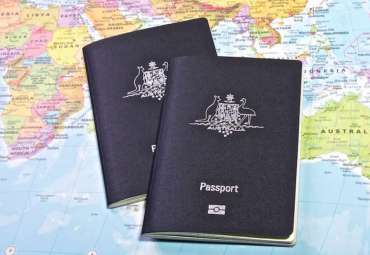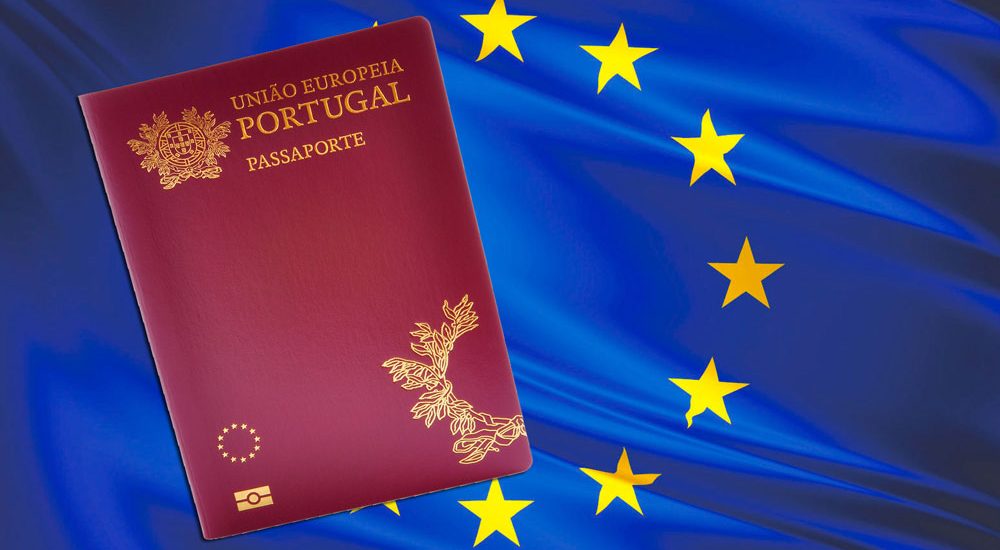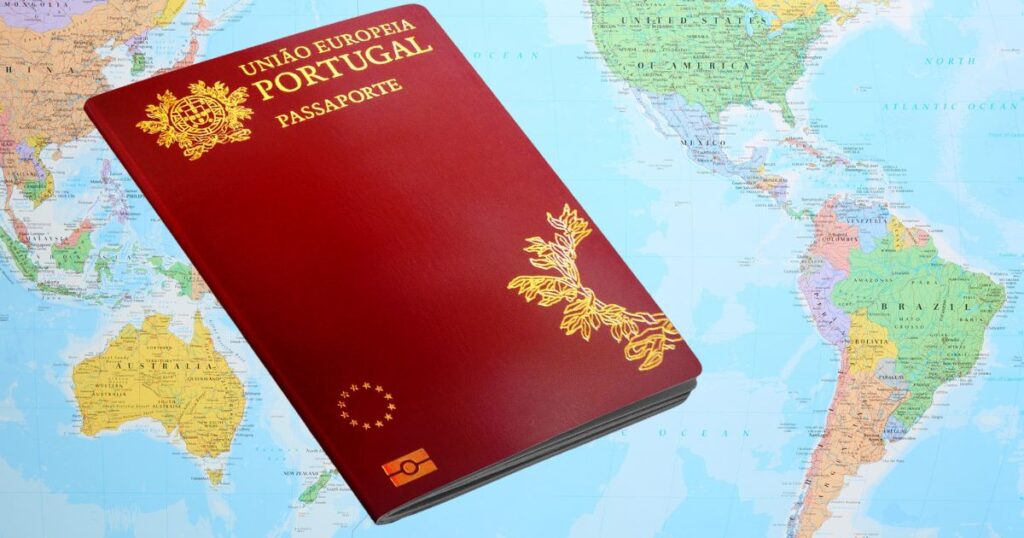Many Australians hold dual or multiple citizenships abroad. Dual nationality can impact how you seek help you overseas. If you are a dual national traveling to the country of your other nationality, you need to know how your citizenship can impact you.
Under international law, countries are not obliged to recognize dual nationality. In some cases, countries may not permit Australian consular assistance to be provided to Australian citizens who, according to its laws, it considers and treats as its own nationals. In other cases, a person might not be regarded as being an Australian if that person is not traveling on their Australian passport and, again, Australian consular assistance might not always be permitted. Travelers are warned that consular assistance cannot over-ride local laws, even where local laws may appear harsh or even unjust.
Australian Passport
The first rule you should know is you must use your Australian passport to enter and exit Australia, includes for dual nationals. If you enter the country of your other nationality on that country’s passport, local authorities may not recognize you as Australian. This can happen even if that country recognizes dual nationality. This can limit the Australian government’s ability to provide you with consular assistance.
Limitations
This is where Australian government cant help in your other country of citizenship. This is not like shown in the movies and dual citizenship also has its own disadvantages.
- No consular assistance if their government doesn’t recognize you’re Australian
- Get out of compulsory military service if you’ve been called up, or out of jail if you’ve been charged as a defaulter
- Get you out of trouble if you’ve been arrested or jailed
- Provide you legal advice
Military Service – Dual nationals may be liable for military service in the country of their other nationality. Some countries which may require dual nationals to undertake military service As a dual national, you may be required by law to complete your military service. Some countries allow nationals who have been living abroad to enter and stay for a limited time before starting military service. Others induct their citizens immediately on arrival.
Child custody – Dual nationality can impact court decisions about child custody.
Marriage/Divorce – Australia recognises marriages performed overseas, provided they meet Australian legal requirements. Marriages performed in Australia aren’t always recognised in other countries. Some countries don’t recognise divorces settled in Australia, even if you’re a dual citizen.
For example:
- an Australian marriage between an Australian and a person holding another nationality may not be recognised in the other country
- an Australian in that country may find their marriage is not recognised and their children considered illegitimate
- an Australian same sex marriage may not be recognised in many countries (homosexual acts could also lead to arrest or jail)
Consulate Assistance
Australian consulate overseas can only help you with the following
- Australian passport services
- Notarial (document legalisation) services, including certificates of no impediment to marriage
- list of local, English speaking doctors or lawyers
Please contact or seek help the list of embassies abroad





